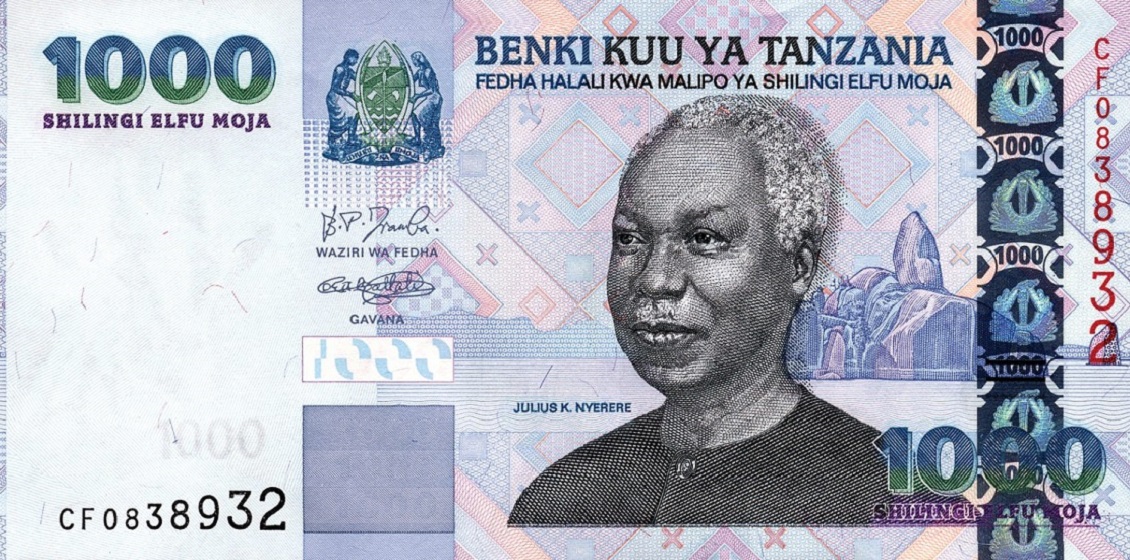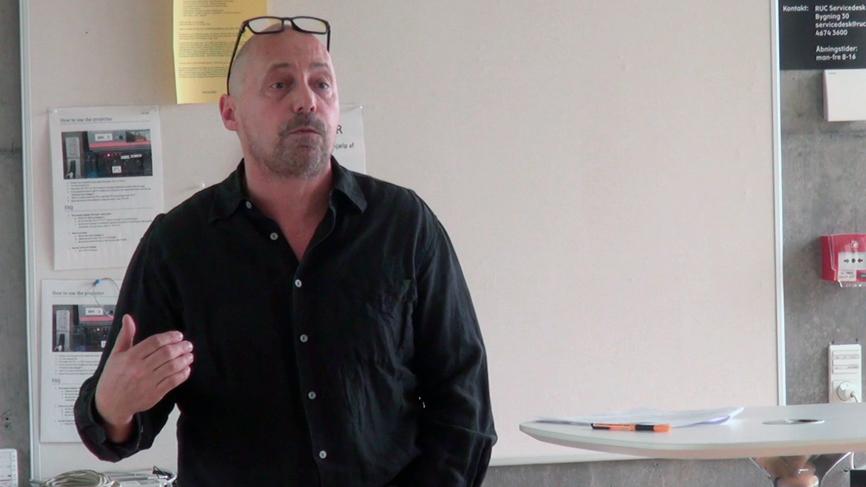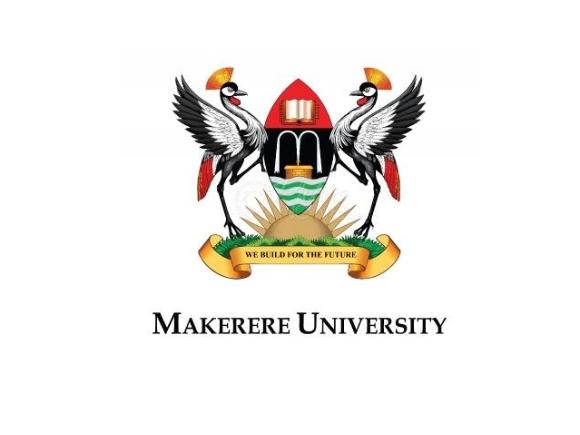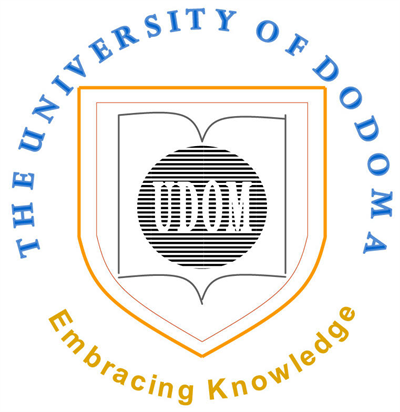On 1 September 2020, a major research effort was launched for a duration of five years to study whether privately managed cash transfers are able to avoid the kind of capture by ruling elites experienced by publicly managed. The project leader of CASH-IN is Associate Professor Lars Buur, Department of Social Sciences, Roskilde University (RUC). The partners in this North-driven project are Makere University, Uganda, and University of Dodoma (UDOM), Tanzania. A key objective is to strengthen research capacity with the partners; the appointment of PhD students is in process. At Roskilde University, a PhD project by Jakob Ulrich and a Post Doc will contribute to strengthen the research cooperation and network. Ulrich brings professional experience to the project as a former COWI director in Tanzania and Mozambique and as the regional director for Technoserve in Zambia.
The overall objective of CASH-IN is to investigate whether and to what extent privately managed cash transfers (PrivCTs) are politicized by ruling elites and how this affects inclusive sustainable growth and state-society relations. Cash transfers have become an increasingly popular way of providing international development and humanitarian assistance. Giving money to people in need is not new, but over the last two decades direct cash transfers have emerged as a key aid modality bridging the development–humanitarian nexus. Cash transfers may be funded by private donors, governments or as part of international aid. While publicly managed social-protection and cash-transfer programmes have been extensively scrutinized, hardly any studies exist of privately managed programmes. Research on publicly managed programmes indicates that politicization and capture by ruling elites impact on their ability to lead to sustainable inclusive economic growth and costly implementation of the programmes.
The specific research objectives of the project include:
- To establish how recipients of PrivCTs are selected, by whom and why.
- To understand what role, if any, PrivCT programmes play in sustaining political regimes and what state-society relations they produce.
- To understand how cost-effective PrivCTs are in disbursing cash compared to PubCTs.
- To understand the short- and long-term impact (effectiveness) of PrivCT programmes on sustainable inclusive economic growth in the short and long term.
The policy advice drawn from the research result targets donors and governments concerns:
- Using PrivCTs with regard to their political economy effects.
- Using PrivCTs with regard to their cost-effectiveness and impact on inclusive sustainable growth.
- Consider possible lessons from previous studies in using cash transfers as aid and the possibilities of scaling up PrivCTs (complexities of large-scale versus small-scale operations).
CASH-IN will be the first study to focus systematically on privately managed humanitarian and development cash transfers. In order to capture the political dimension of cash transfers, Uganda and Tanzania both have significant experience of the diversity of political organizations and political settlements. Tanzania is generally considered to be a dominant party-state system, while Uganda comes closer to being a competitive clientelist state.
Comparative analysis of these countries enables the project to examine the links between the type of political settlement and its influence, if any, on privately managed cash transfers for both humanitarian (short-term) and development-oriented (long-term) cash-transfer programmes.
In terms of research capacity building, the objectives of CASH-IN include:
- Strengthen research capacity at Dodoma (UDOM) and Makerere (MU) Universities.
- Strengthen research cooperation and networking between Denmark, Tanzania, and Uganda
- Strengthen the PhD school environments at UDOM and MU.
During 2015-2020, Department of Social Sciences and Business, Roskilde University was involved in a major research project Hierarchies of rights also targeting South-North research cooperation for capacity building.
SUPPORT DDRN SCIENCE JOURNALISM. DONATE DKK 20 OR MORE (APPLICABLE IN DENMARK ONLY)
(APPLICABLE IN DENMARK ONLY)









